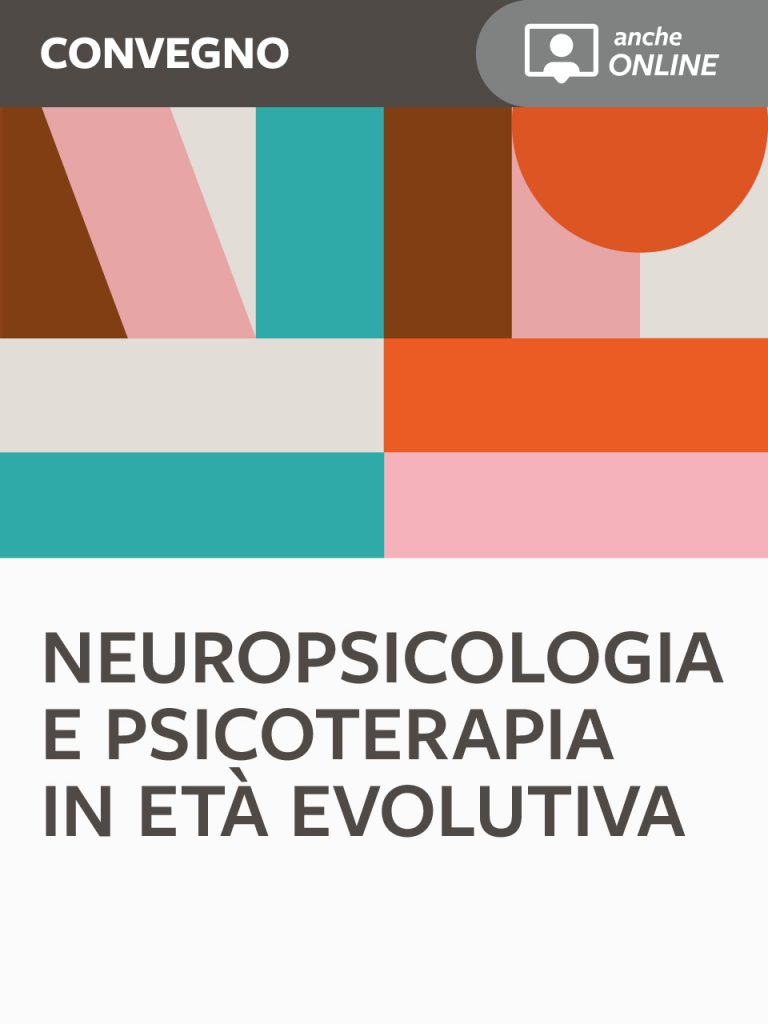The Efficacy of Toilet Training for Four Children with an Autism Diagnosis
Chiara Leuci, Fabiola Casarini
We replicated the toilet training programme for children with autism described by Cocchiola, Martino, Dwyer, and Demezzo (2012) and tested its effects with four boys with autism and multiple disabilities. The study was conducted in a private learning centre, where the participants were brought to the experimenters’ attention due to their failure to reach toilet independence both in their preschools and at their homes. The dependent variable for this study was the number of correct urinations in the toilet and the number of accidents per session. The independent variable was a replicated toilet training procedure, with the removal of nappies during education sessions at the centre, a gradual increase in scheduled intervals for toilet trips and the delivery of social reinforcers immediately after a correct independent response. This study used a changing criterion design and showed that the procedure was effective for all participants in the centre’s setting. Parents and regular preschool teachers also reported that the results were generalized and maintained at home and in school for both children. Future studies should focus on training efficiency, teacher and parent training and should investigate more on behaviours pivotal to successful toilet training, such as communication.
Keywords
Toilet Training, Autism, multiple disabilities, Inclusion, Self-management.

